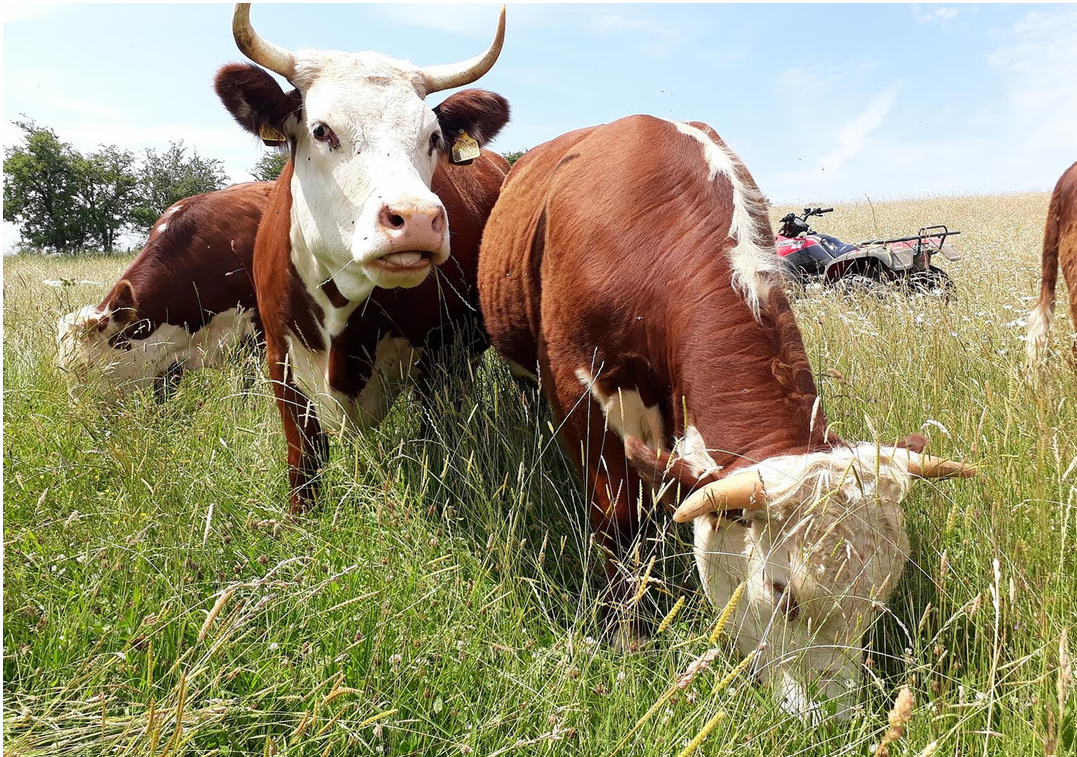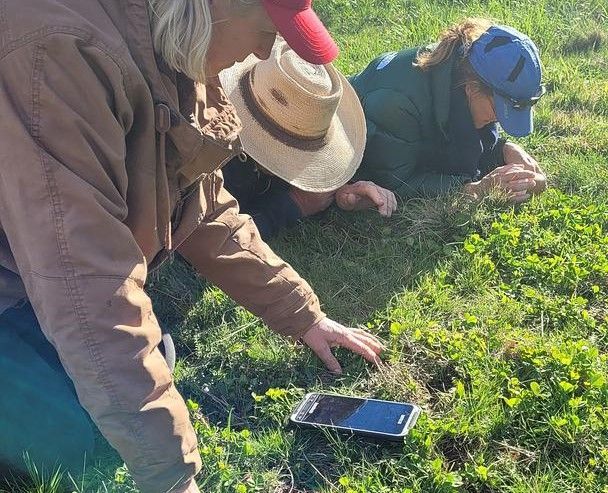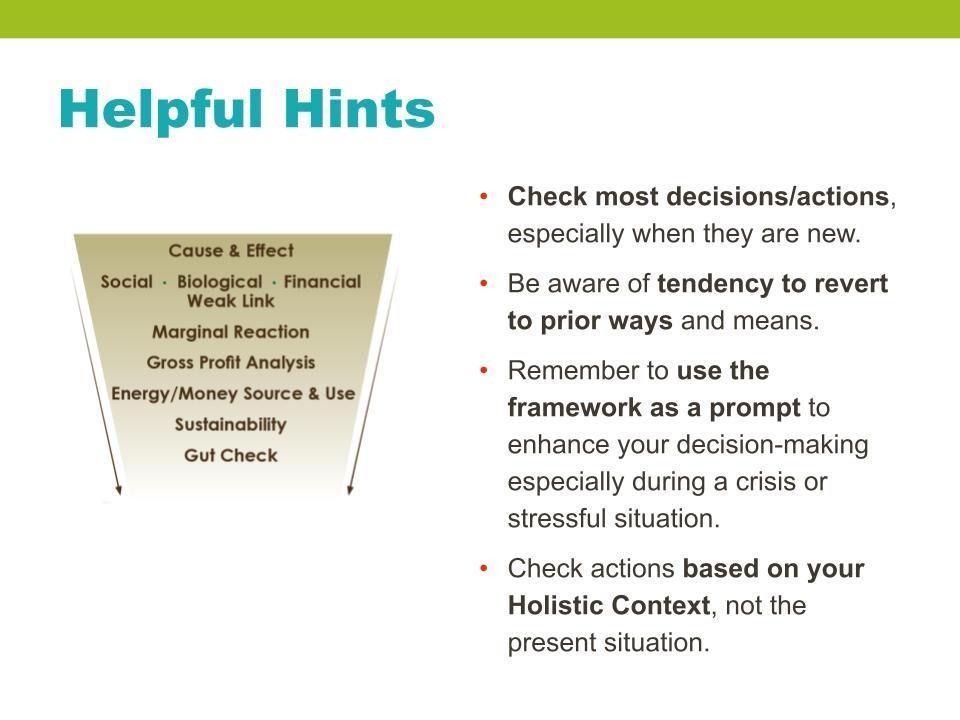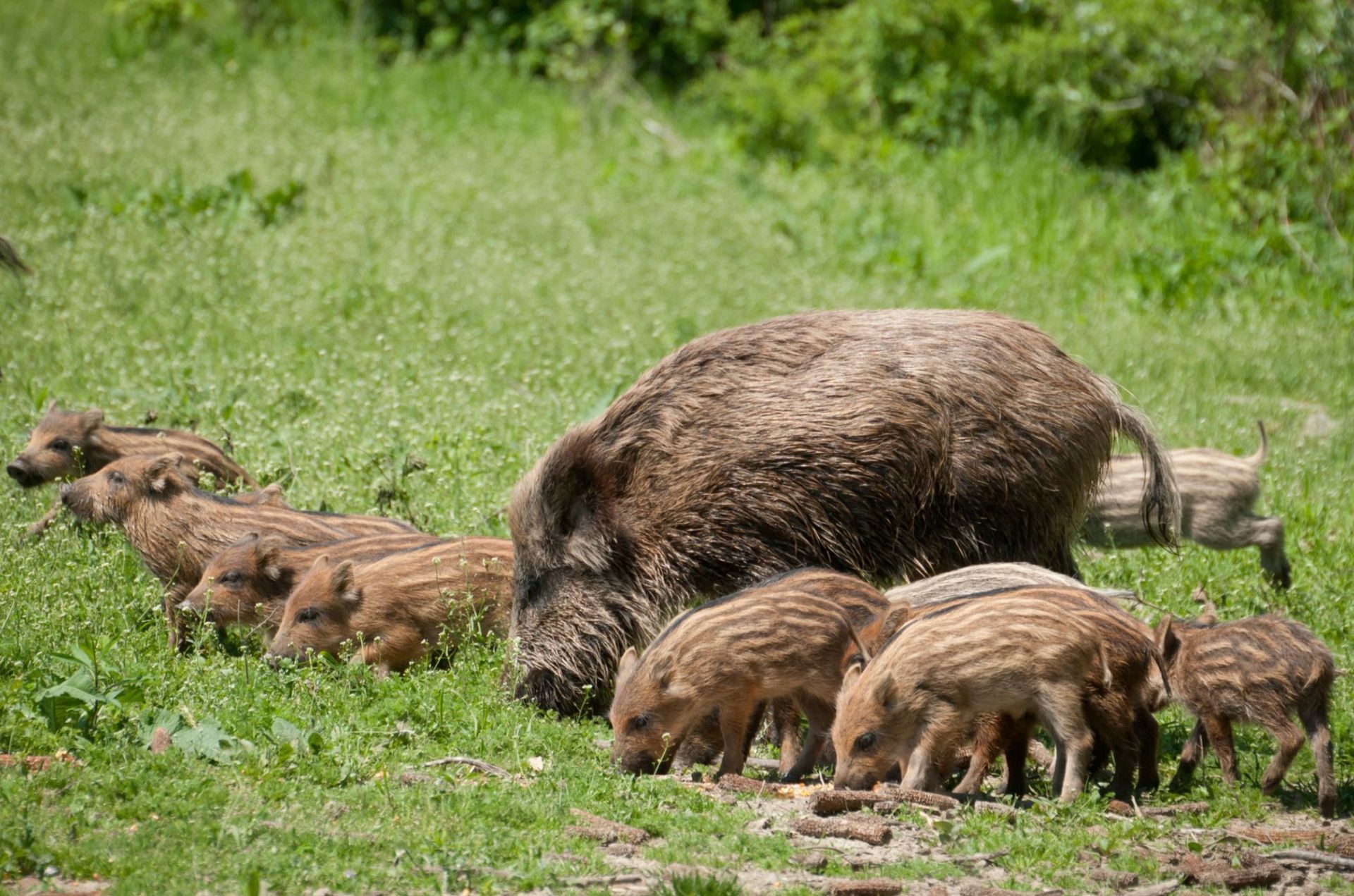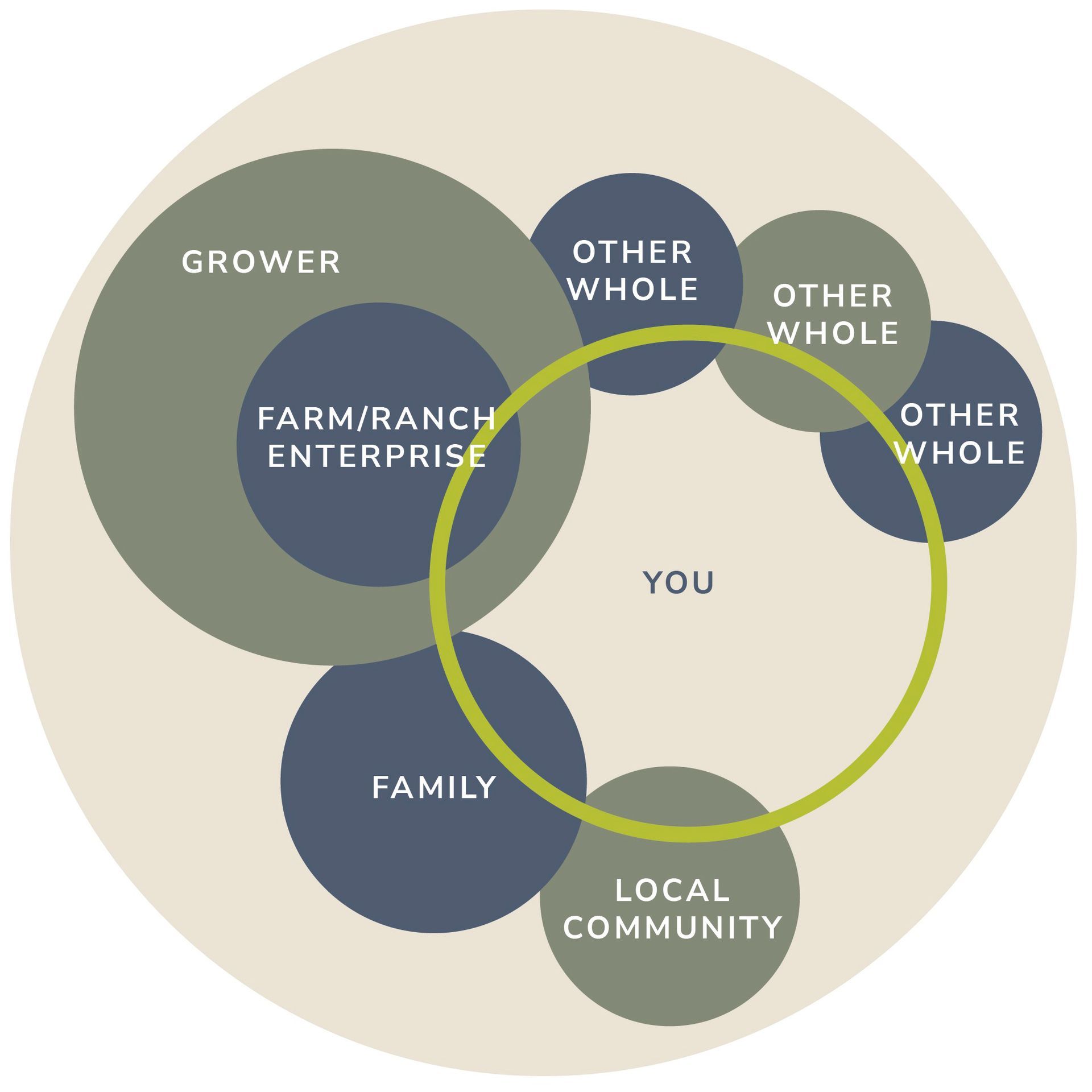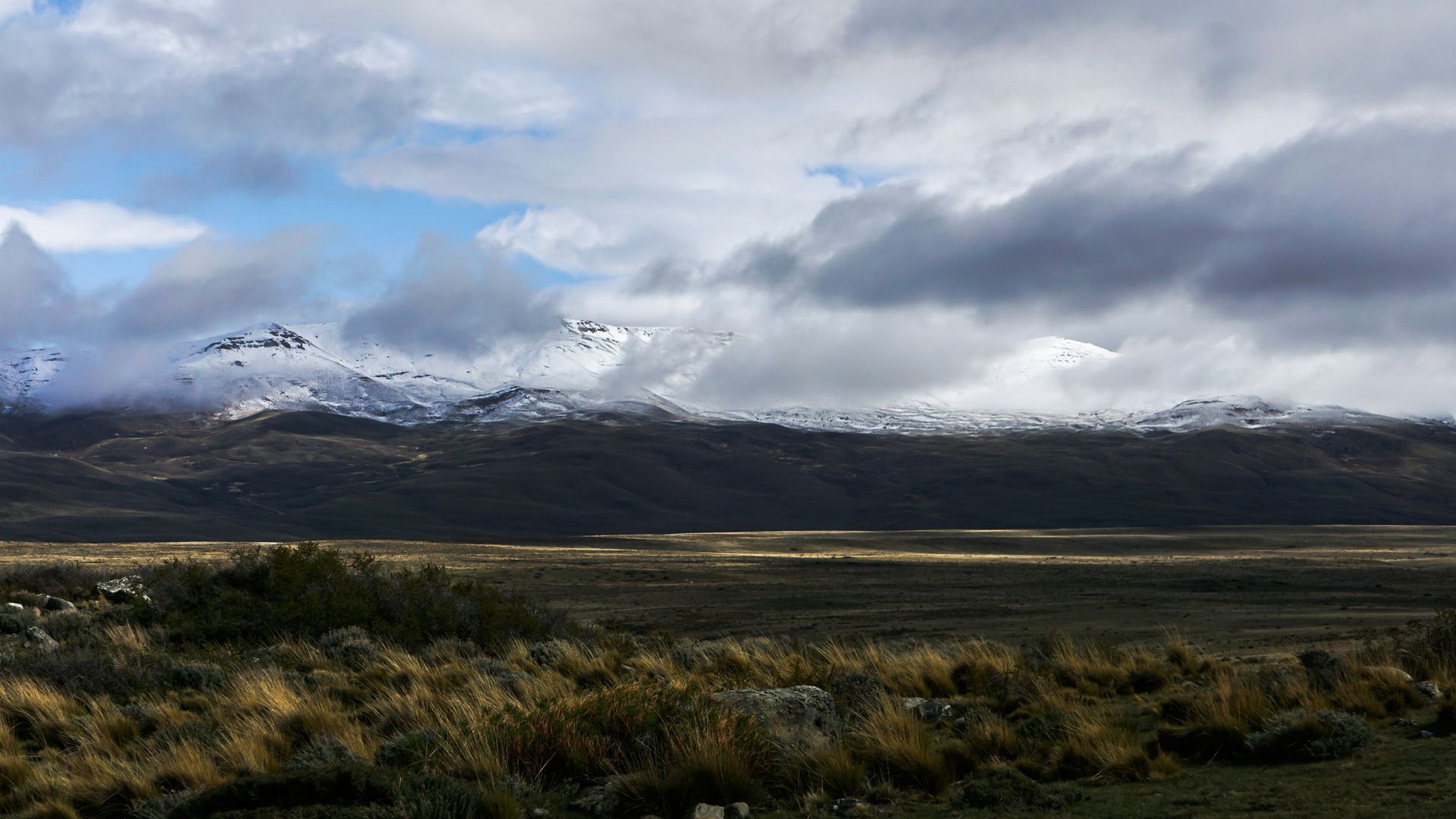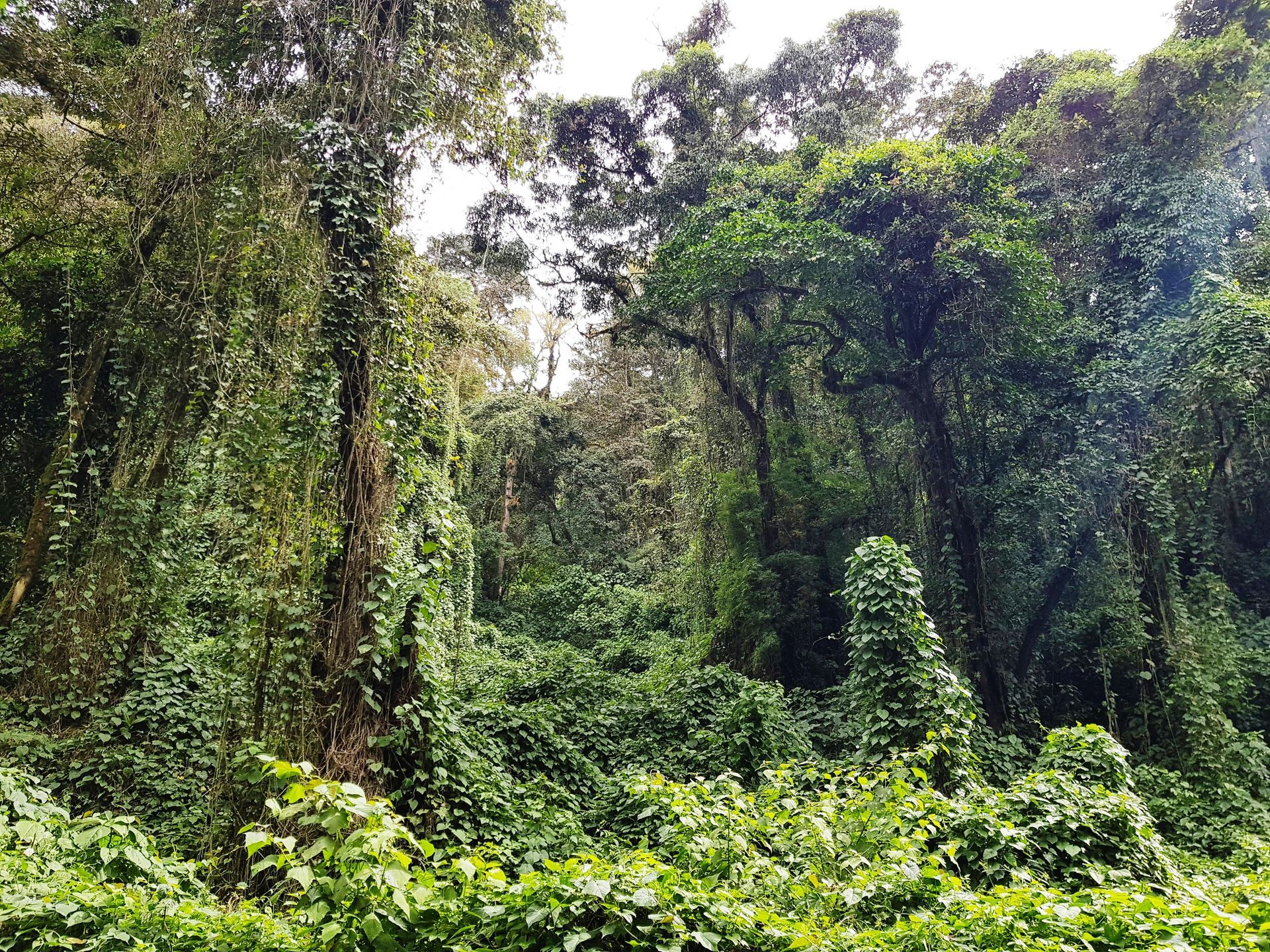Holistic Management Training at FarmED 2021
FarmED provides learning spaces and events that inspire, educate and connect people to build sustainable farming and food systems that nourish people and regenerate the planet.
We are delighted to announce that 3LM are partnering with
FarmED, to deliver 12 days of comprehensive holistic management training in 2021. FarmEd is the Centre for Farm & Food Education based at Honeydale Farm in the Cotswolds.
At the heart of FarmED are two impressive eco-buildings – one providing space for conferences, lectures, workshops and special events; and the other a farm to fork kitchen and food space.
A Four-Part Comprehensive Course
This training is ideal for farmers, land managers and advisers with a passion for regenerative agriculture. We are running the training over four blocks starting in July and finishing in November 2021. We will first introduce the fundamentals of holistic management before we explore the concepts of land planning and ecological monitoring, holistic planned grazing and financial planning.
· Course 1: Holistic Management Fundamentals (19th – 21st July 2021)
· Course 2: Holistic Ecological Monitoring and Land Planning (22nd - 24th September 2021)
· Course 3: Holistic Planned Grazing (18th – 20th October 2021)
· Course 4: Holistic Financial Planning (22nd – 24th November 2021)
In addition to the formal training, we will facilitate peer to peer learning and discussion. We will also hear from a number of guest speakers and farming practitioners, take a tour of the various enterprises at FarmED and visit local regenerative and agroecological farms that are adopting a holistic approach.
Participants will be fed from nutritious, seasonal, and locally produced food from the FarmED kitchen.
As an added bonus all participants will be given lifetime access to Regrarians Workplace, a private online knowledge community led by internationally renowned educator and regenerative farmer Darren J. Doherty.
Cost
The comprehensive 12-day training package is £1950 + VAT.
The fee will cover tuition, all course materials (manuals, forms, writing materials, and ecological monitoring kit) guest speakers, great food and visits to local farms.
Special offer - 10% discount for members of the Pasture Fed Livestock Association.
The FarmED Bursary
If funding is a real barrier to you, we can help. We have a small bursary pot which we can use to help fund or part fund core fees and other expenses for those that will benefit most.
Click here for more info: www.farm-ed.co.uk/bursaries
More Information and Booking
For more information on course content and delivery please email info@3LM.network.
For more information on FarmED and to book a place please email sophie@farm-ed.co.uk.
Once your place is confirmed FarmED will invoice you for a 10% deposit. You will then receive a welcome letter and initial course literature direct from 3LM. The remaining balance will be due 4 weeks before the first course date.
Your booking is safe. If we cannot run any element of the training face to face due to Covid restrictions, you will be refunded or you can switch to an alternative date. If needed you could move to a 3LM online offering at a reduced rate.
COURSE DETAILS
Course 1: Holistic Management Fundamentals (19th – 21st July 2021)
Explore the whole system approach to resource management and focus on the various tools that can improve profitability, regenerate soil, increase quality of life, and increase biodiversity by working with nature.
By taking this course you will:
- Learn the fundamental building blocks of Holistic Management.
- Develop a Holistic Context to guide your decisions and actions.
- Gain practical experience with the holistic decision-making process.
- Discover new solutions to poor soil.
The potential outcomes for you and the land include:
- Regeneration of soil.
- Increased profits and yields.
- Increased biodiversity.
- Reduced stress.
- Mitigation of flood, drought and climate change impacts.
The fundamentals course covers the holistic management building blocks and is a prerequisite for the three subsequent courses.
Course 2: Holistic Ecological Monitoring and Land Planning (22nd - 24th September)
When you change your management, how do you know if you are moving in the right direction? Learning to monitor the land for the earliest signs of change enables you to quickly adapt your management. Gather evidence of the benefits of your regenerative and holistic approach. Use key information to help create a long-term infrastructure development plan to generate enduring wealth from your land.
By taking this course you will:
- Gain experience in the field observing signs of change.
- Learn how to complete both the Basic and Comprehensive Monitoring Procedures.
- Become proficient enough to monitor your own land.
- Learn the Holistic Land Planning process.
- Develop your own holistic land plan.
The potential outcomes for you and the land include:
- Gather enough information to keep your management on track.
- Track specific measures over time.
- Gather quantitative management data and evidence.
Course 3: Holistic Planned Grazing (18th – 20th October 2021)
By adopting good grazing practices, you can increase grass productivity, profits, stocking rates, and crop yields; improve livestock health; increase biodiversity; and even mitigate flood, drought, and climate change. We work with you to optimize the many variables that are commonly left out of grazing planning such as: erratic weather different types or classes of livestock; grazing through croplands, orchards and vineyards; wildlife needs and family time.
By taking this course you will develop an integrated grazing plan for your farm or land that you advise on.
The potential outcomes for you and the land include:
- Healthier and more productive livestock
- Increased the biological capital.
- Increased plant density and biodiversity.
- Reduced need for costly inputs.
Course 4: Holistic Financial Planning (22nd – 24th November 2021)
By following this simple-to-use, cash-based planning process, you can increase your profit, whilst improving quality of life and land health and productivity. There will be much that applies to your situation, no matter what your business or occupation.
By taking this course you will:
- Develop a financial plan for your whole operation that is in alignment with your economic, social and ecological goals.
- Undertake a Gross Profit Analysis of each of your enterprises.
- Learn a proven step-by-step procedure for focusing resources on reducing debt and increasing profit.
The potential outcomes for you and the land include:
- Reduce debt.
- Increase profit.
- Focus resources.
FarmED's Location
Honeydale Farm,
Station Road
Shipton-under-Wychwood
Chipping Norton, Oxfordshire, OX7 6BJ, United Kingdom



